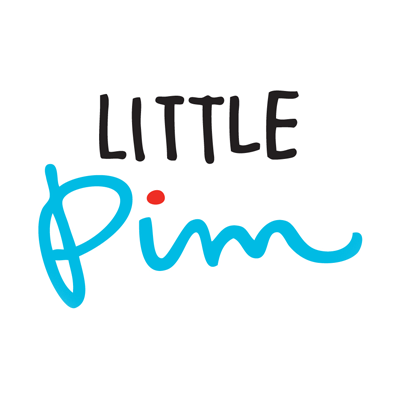Being Bilingual Can Improve All Areas of Your Child's Life
We live in an increasingly global world where learning a second language can give your child many advantages. Learning a foreign language at an early age improves overall fluency, but the issue is that most schools do not offer the opportunity to learn a second language until high school. According to Forbes magazine, we have a "foreign language deficit" in our country, especially when we are compared to other countries. Overseas, most countries require their students to learn English as a second language from a young age. When researching the benefits of bilingualism, it seems that the pros are endless; speaking more than one language can improve social skills, school performance, emotional health, and so much more. With all of the positives that come from being bilingual, it's a wonder that more young children are not being raised bilingual.
Learning a Second Language Improves School Performance
According to a study performed by Stanford researchers on language, the language children are exposed to in infancy and early childhood has a massive impact on their academic abilities and ability to communicate later in life. The best way to set your child up for success is to teach them both their native language, alongside a foreign language, during the critical period between infancy and six years old. Bilingual children have been proven to score higher on tests throughout their entire school career.
Speaking Multiple Languages Improves Social Skills
In a piece exploring the superior social skills of bilingual children by Katherine Kinzler, published in the New York Times, she found that children who are bilingual or multilingual have an easier time understanding different perspectives. This is because they have to understand when to speak a certain language, and to whom. This greatly improves their ability to communicate and empathize with people from all different walks of life. For more information about this study, check out our blog post on "Raising a People Person."
Bilingual Children Tend To Be More Creative
According to a study performed by the University of Strathclyde’s School of Psychological Sciences and Health, children who speak two languages statistically scored higher when it came to creative thinking and problem solving. Bilingual children scored much higher than monolingual children all across the board, in fact; especially when it came to questions assessing their critical thinking skills. In other words, bilingual children's ability to think outside the box helped them eventually work out answers to questions that they otherwise may not have been able to answer.
It Can Even Improve Emotional Health
Language plays a large role in our emotional health, because it is the only way we can articulate our deepest feelings, whether we choose to write them in a journal or discuss them with friends and family members. The ability to express their emotions in more than one language offers children more opportunity to talk to more people; it's also a good way to vent their emotions when around those who are monolingual. Also, when observed in school, bilingual children showed a better ability to pay attention and exhibit inhibitory control. It has been shown that bilingual children tend to have better relationships with their teachers and peers as well. Those early experiences with teachers and friends are vital to a child's emotional health and social development; teaching your child a second language can help ensure those interactions will be positive ones.
Cultural Curiosity and Tolerance
Bilingual children often have a natural curiosity about the country from which their second language originated. From a very young age, they have also been shown to be more tolerant of other cultures; they play more easily with children who come from different socioeconomic backgrounds, they are more likely to engage in play with children who do not speak their language, and they show more of an interest in socializing outside of their usual social circles. Since our world is becoming more globalized every day, the ability to tolerate and show interest in other cultures is an important advantage.
The Benefits Are Endless
There are endless benefits to teaching your child a second language from an early age - this article has only covered a small handful of the advantages your child will get through becoming bilingual! If you would like to introduce your child to a new language, try out Little Pim for free by watching a demo video to get started as soon as possible!


